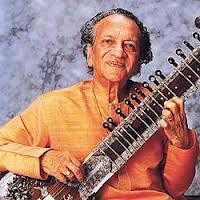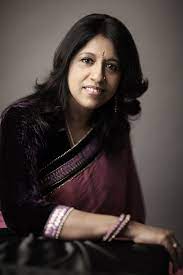 “I’m just so grateful to God that he brought me music and enriched my life.”
“I’m just so grateful to God that he brought me music and enriched my life.”
“Aaj main upar, asmaan niche!”
Kavita Krishnamurti ‘s song echoes in the heart of every patron of Indian Bollywood music. Born on 25 January, 1958 in New Delhi, she was schooled in St. Xaviers College, Mumbai and has secured a Bachelor’s degree in Economics. She learnt Rabindra Sangeet under the training of her aunt, Mrs. Bhattacharya; to later receive formal training in Hindustani classical music as a disciple of Sri. Balram Puri.
Interestingly, her career began at the age of 16, by dubbing songs of legendary singers Lata Didi and Asha Bhosale. Her first performance was with Lata Mangeshkar for a Bengali movie Shriman Prithviraj. The song Tumse milkar na jaane kyun from the film Pyar Jhukta Nahin fetched many accolades for her. Although the song was to be sung by Lata Didi for the final album, she advised against it suggesting that Kavita has already done a fabulous job. She has lent her voice to almost all leading actresses during the 90s. The songs Hawa Hawaii, Pyaar Hua Chupke se, Aaj Main Upar, Ye Dil Sun Raha Hai, Mera Piya Ghar Aaya, Hum Dil De Chuke Sanam, and Dola Re were instant hits and still receive the same love. She delivered many hits under the patronage of well-established composers such as Laxmikant-Pyarelal, R.D. Burman, and Ismail Durbar.
An accomplished singer, Krishnamurti ‘s songs will remain evergreen. She was honored with many awards, some of which have been mentioned below:
· Padma Shri in 2005
· Filmfare Awards for Best Playback Singer – Female in 1995, 1996, 1997, and 2003
· Zee Cine Awards for Best Playback Singer – Female in 2000
She is married to violinist Pt. Dr. Lakshminarayan Subramaniam, who is also a Padma Shri and Padma Bhushan award recipient. Along with her spouse, she has founded a global music institute Subramaniam Academy of Performing Arts in Bengaluru, which trains students in both Indian and Western music. The institute conducts classes for various instruments including violin, tabla, piano, guitar along with Carnatic vocal and Hindustani vocal. They have also set up Lakshminarayana Global Centre of Excellence, which is named after Kavita’s father-in-law. The institute offers Bachelor’s and Master’s degree in music in collaboration with other educational institutes.
“One of its objectives is to teach music in schools in a fun manner. My children Bindu and Ambi are totally involved with that, while my husband takes care of the advanced level.”
With more than 15,000 songs to her credit and a career spanning more than 30 years, she has enthralled the audience on a global level with her impeccable and passionate singing.
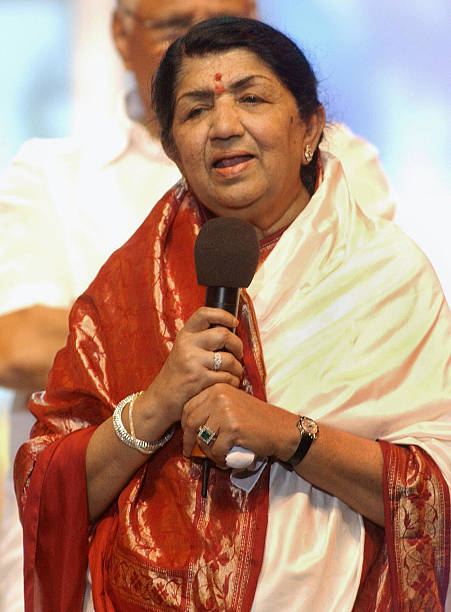
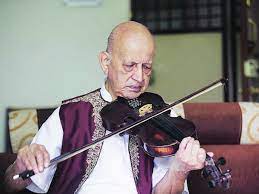
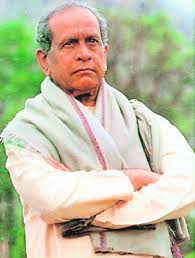 Life is a question asked by God about the way He exists.
Life is a question asked by God about the way He exists.